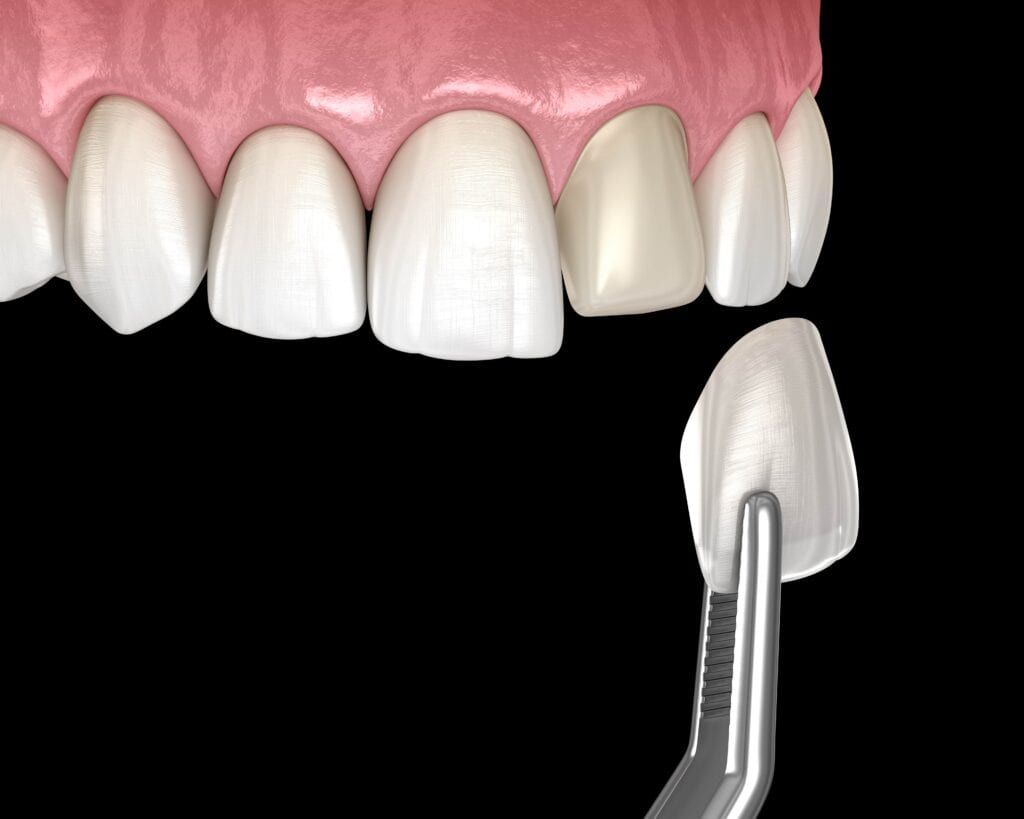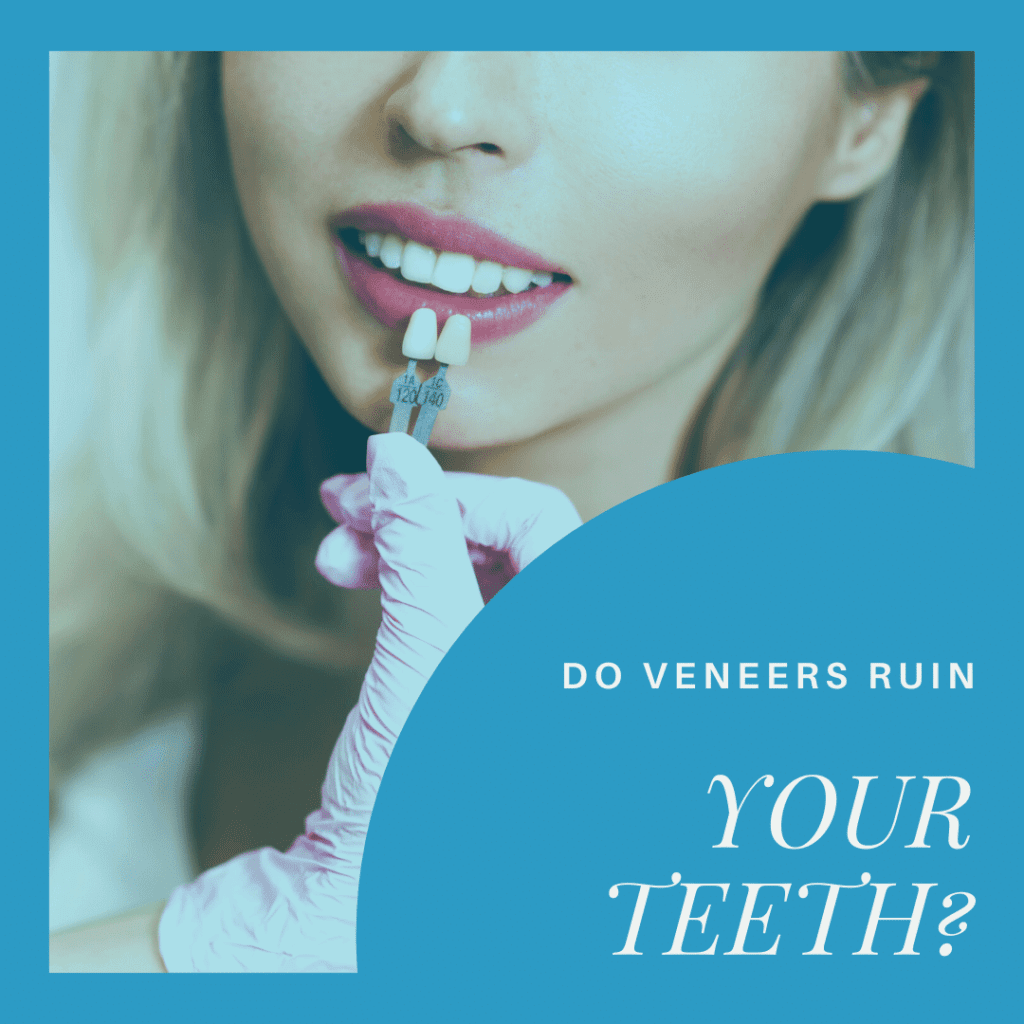When thinking about getting a smile makeover, many people think about veneers. Over the years, veneers have become increasingly popular among celebrities and the general public. Nowadays more and more people are interested in getting veneers as a way to improve their smile and overall appearance. In fact, so many people have gotten veneers that it is the second most commonly performed cosmetic dental procedure just behind teeth whitening.
The reason why veneers are so popular is because they offer a minimally invasive and highly effective way to improve the look of your teeth and smile. Depending on what you want to fix about your smile, veneers can be used on a single imperfect tooth or an entire smile. Not only that, but veneers are extremely versatile and can address multiple cosmetic concerns all at once. This saves you the trouble of having to undergo multiple cosmetic procedures to obtain the perfect smile.
The reason why veneers are so versatile is because they are thin shells made of porcelain or composite that are customized to correct specific cosmetic concerns. When they are cemented to the front side of visible teeth, veneers can improve the appearance of your smile by fixing:

- Stained or discolored teeth (that don’t respond to whitening)
- Broken or worn teeth
- Overlapping or crooked teeth
- Teeth with gaps in between them
- Unevenly sized or oddly shaped teeth
- Teeth that look too small
Despite the numerous benefits that veneers can offer your smile, some people worry that veneers will ruin their teeth. This is because of how the teeth need to be prepared in order to accommodate veneers. While veneers are thin shells, they will still add bulk to the natural tooth structure. Unfortunately, this extra bulk can make the teeth look unnatural and it can also inhibit their ability to function properly.
For these reasons, minor modifications are made to the enamel to ensure that veneers can be placed properly. This generally means that a thin layer of enamel is shaved off the surface of the tooth. In some cases, the affected tooth may also be slightly reduced in size. The amount of modification will depend on the treatment goal and type of veneer used.
Generally speaking, porcelain veneers require the most amount of modification, while composite requires less since it can bond directly to the enamel and does not require the use of dental cement. There are also low-prep or no-prep veneers that require minimal to no enamel modification.
Regardless of the type of veneer used, they are all considered to be safe and do not ruin your teeth or negatively affect your oral health. With that being said, however, veneers are considered to be a permanent treatment. This is why some people believe that veneers ruin teeth. Although veneers do not actually ruin teeth, they are an irreversible treatment only because tooth enamel does not grow back once it is modified. This ultimately means that the modifications made to place veneers are permanent, therefore veneers should continue to be used in the future. Most people are thrilled with their smile after getting veneers, so this is not usually a problem. However, it is important to make sure that you are ready to commit to veneers before having the procedure completed. Try talking with your dentist to learn more about veneers to determine if they are right for you.


